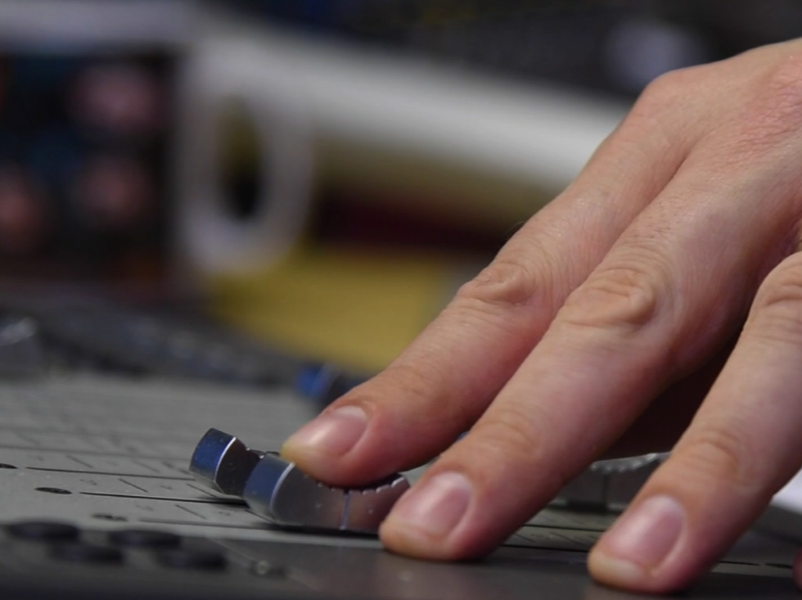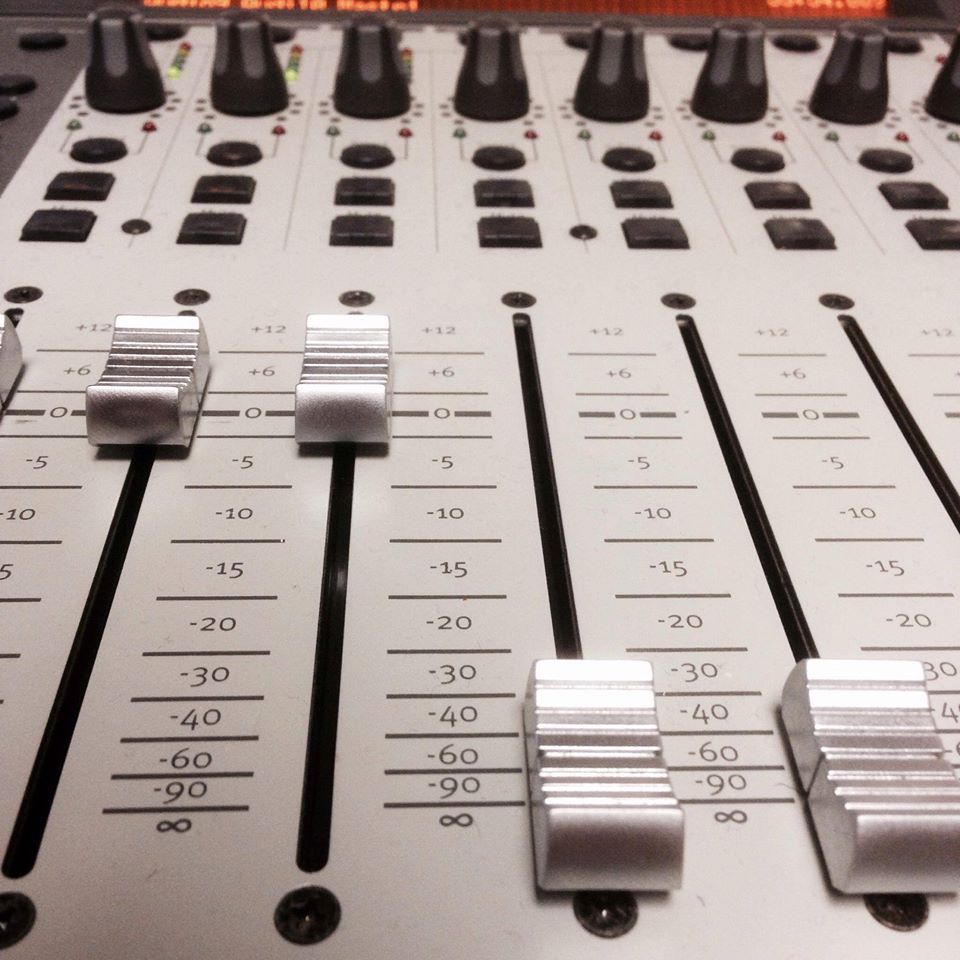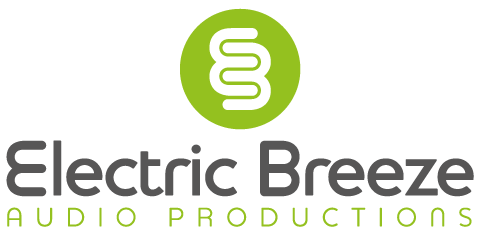Audiobook downloads are great! We love them. But they may come at a cost to audio quality. We want to retain as much sound resolution as possible before file compression.





So you've spent your money hoping to get a great audiobook recording. You get it, and the finished master sounds great! Now it's time for distribution.
But what REALLY happens when your audio is sent off to third parties for distribution across download platforms?
We live in the digital age, and for the most part CD 'hard copy' sales have dropped off, and the preferred medium is now the audiobook download, perhaps even streaming. Gone in the main is the expense of packaging and distribution. Our books are uploaded to the ether, and downloaded or streamed onto mobiles, and tablets.
But do downloads usually sound like the CD versions? In a word...no.
Audiobooks are in reality very large audio files. To get them on to the internet, we have to make these files smaller. To do this, the files are converted and made smaller utilising a method called 'Lossy Coding'. To most people this is known as converting to Mp3 or a similarly compressed file type. When an audio file is converted in this way, the conversion process takes out information based on our inability to hear low level sounds that are found in the same frequency spectrum as high level sounds.....
Ok, we don't want to blind you with audio science here…..
So in other words your audiobook masters, that your chosen studio has spent a great deal of money (great equipment and microphones), effort and time in providing you with, has now been slightly degraded in audio quality to a lower resolution. To most people this is fairly unnoticeable, and importantly remains a tolerable listening experience. If this is the case, what’s the issue?
Well, fairly frequently a number of audiobook sales platforms, in an attempt to prevent theft, and illegal downloads look to forms of DRM (Digital Rights Management) to protect theirs and your audiobook. To do this, some of these platforms use proprietary audio file types, encoding the audio to only be playable on their platforms......
Did you notice that?...encoding the audio to only be playable on their platforms.
The thing is, that to save space on their own servers, these platforms (more often than not) ask audio to be delivered in Mp3 format. So we've already degraded our audio once, and if it is encoded again…..we get a further decrease in quality!
This process is called 'Transcoding'. When a file converted via Lossy Coding is again converted by Lossy Coding, this time, the listening experience may also be compromised.
The only way to minimise (as we are unable to completely avoid) the degradation in sound at the end of the chain when the audio is delivered to the customer, is to ensure that at the start of the chain - on day one of the recording, and throughout the audio is recorded in high resolution. The higher the quality, and resolution at the point of creation the more the resolution of the audio will hold up after 'Transcoding' at the end of the chain.
Here at Breeze we make it our mission to record our audiobooks at High Resolution (32 bit float, 96kHz for audiophiles!). We do this to give your final masters a fighting chance at getting through the turmoils of transcoding! Don't let our hard work, and importantly your expenditure get sabotaged during an unavoidable process used to get your audio securely distributed. Your listeners deserve the best. Let us help!
